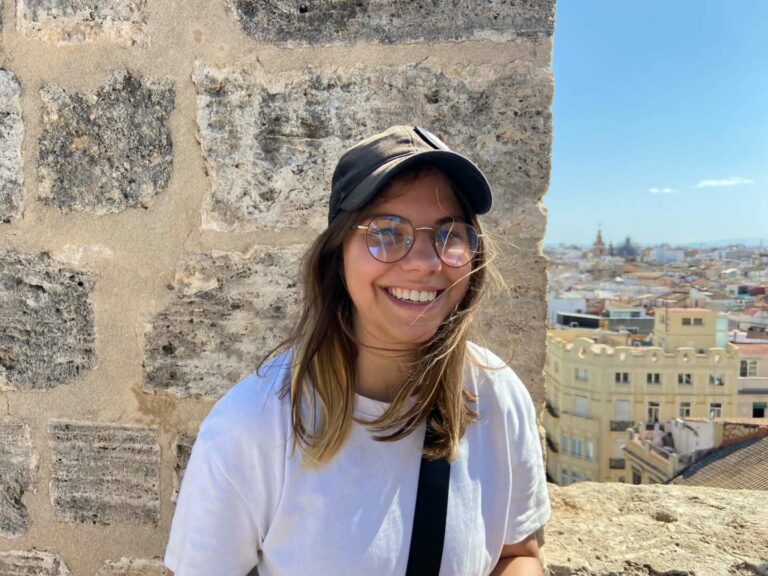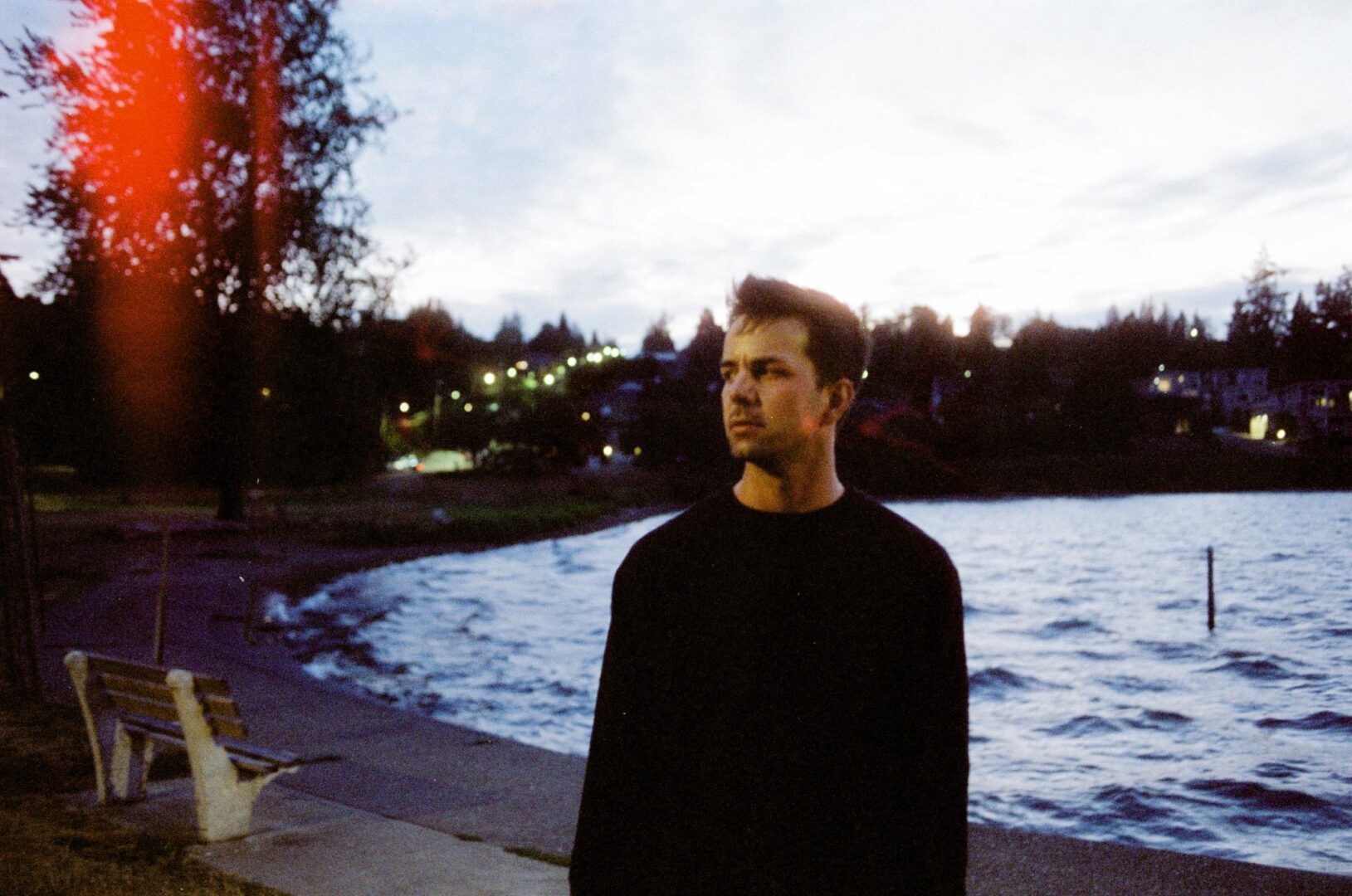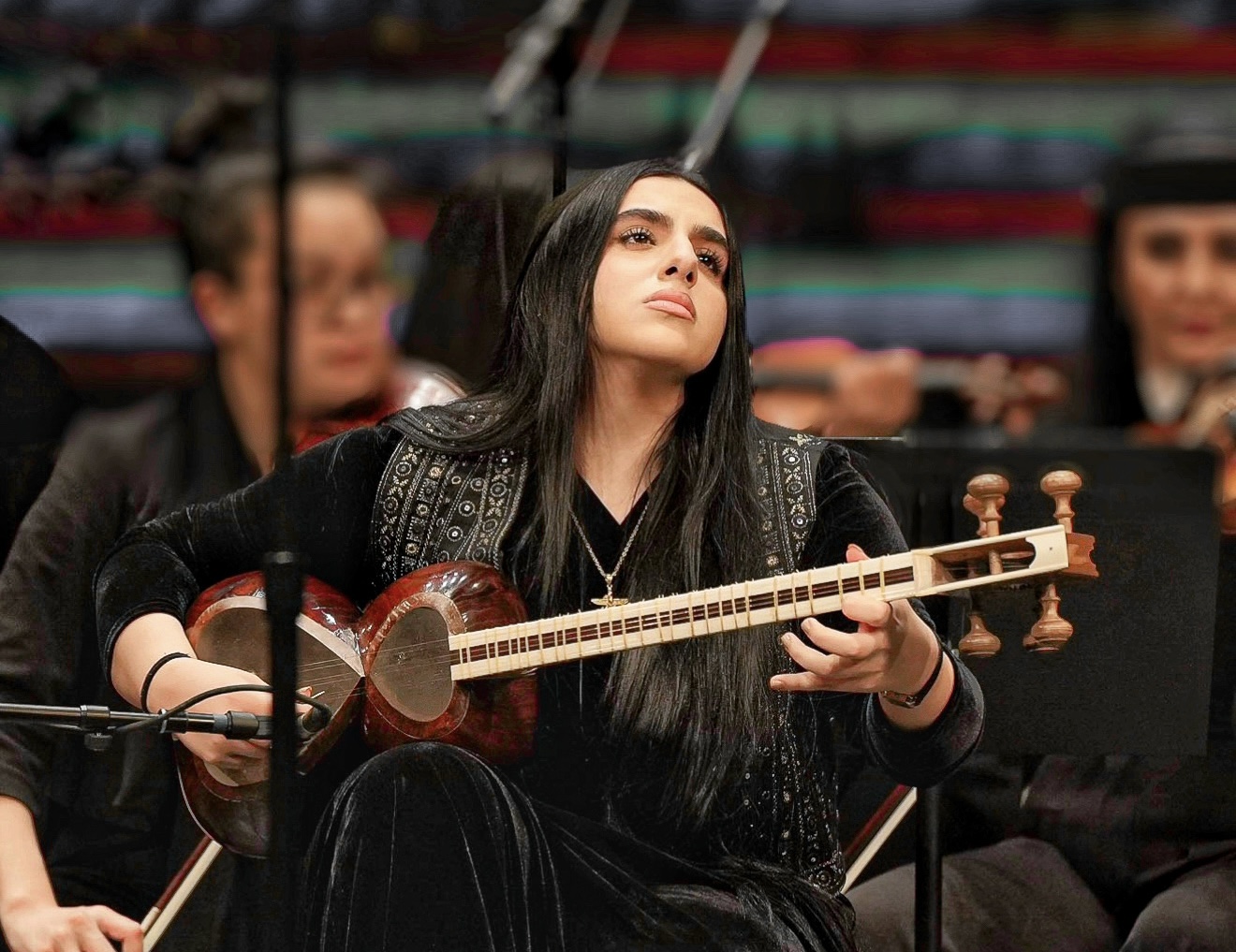Alright – so today we’ve got the honor of introducing you to Dr. Reji Mathew. We think you’ll enjoy our conversation, we’ve shared it below.
Dr. Reji , thank you so much for joining us. You are such a positive person and it’s something we really admire and so we wanted to start by asking you where you think your optimism comes from?
Expressive arts are my lifelong path of healing, discovery, and integration of mind, body, spirit, and imagination. Having a neuromuscular condition and relying on a complex set of mobility/adaptive equipment presents a constant challenge to accessing my inner resilience. When I realized that my medical condition is an evolving journey, I had to accept pivoting as a way of life. Music, specifically percussion studies, is a significant source of inspiration for me. Percussion serves as an incredible metaphor for the art of improvisation and the hope that inner musicality offers. Percussive notes can be soft, loud, nuanced, and inserted at any pace in a musical composition. What I’ve learned through the study of percussion is that I can access a percussive mindset and improvise my way through my day at any pace.
In other words, I’ve learned how to honor and work with the pace of my body as a choreographic improvisational challenge, not just a stressor, no matter how hard the day. The mission of my work is to teach the benefits of cultivating inner artistry as a direct problem-solving tool to address life challenges. I live my daily life with the spirit of this mission.
Great, so let’s take a few minutes and cover your story. What should folks know about you and what you do?
The expressive arts are central to my worldview, work, life, and social activism. I am an award-winning intermodal artist, thinker, educator, and neuroscience-informed psychotherapist. Integrating different art forms is intrinsic to my creative process and therapeutic approach. My philosophy for therapeutic expressive arts is grounded in several core principles that inform my approach to healing, teaching, and training.
My therapeutic worldview is based on narratology and narrative therapy. This intersects with a commitment to understanding our complex identities, including class, culture, location, gender, race, ethnicity, religion, sexual orientation, and accessibility. I begin my understanding of a person in the context of time, place, and culture.
In my expressive training, I have built a broad palette: for art, I work with digital animation, drawing, and sketching as my visual processing tools. For writing and poetry, my background in journalistic writing helps me understand how narratives are constructed and re-imagined.
My storytelling is informed by my education in academia, mental health, social work, and community advocacy. I am currently the Arts Reporter for the Disastershock Arts & Recovery team and am curating a narrative on the role of the arts in trauma recovery and a secondary Dance for Health, Movement Stories Project initiative.
In drama, I specialize in using improv as a tool to cultivate spontaneity. I also have a passion for cinema therapy, using short films as a tool for processing complex emotions. Lastly, dance/movement and music are intertwined expressive forms for me. As a disability and accessibility advocate, I have both studied and witnessed firsthand the power of music, movement, and imagery as a resource in neuro-medical-rehabilitation recovery. The Dance for PD (Parkinson’s Disease) model is a powerful source of inspiration for me, informing my creative process and philosophy.
In my expressive arts training, I have also learned that each person has an expressive range, and methods of therapeutic expressive play can be a path for self-expansion, problem-solving, and developmental growth. In 2020, I received an ARTS Leadership award from BRIDGES, the Rockland Independent Living Center, for my community-based arts initiatives. https://www.youtube.com/watch?v=YY4uSCs1PK0
As a street academic, I present in settings ranging from non-profits to hospitals, primarily speaking on providing mental health coping skills education with culturally affirming attunement. I collaborate with various communities to teach evidence-based psychotherapy models integrated with an expressive approach to healing and well-being.
There is so much advice out there about all the different skills and qualities folks need to develop in order to succeed in today’s highly competitive environment and often it can feel overwhelming. So, if we had to break it down to just the three that matter most, which three skills or qualities would you focus on?
Human experience can sometimes defy language, and the arts can provide the safety of aesthetic distance and limitless accessible entry points through movement, sound, story, art, and imagination to find one’s narrative. In the expressive arts, intermodal is a concept that offers the arts as a processing tool. The “intermodal invitation” conceptualization guides my counseling approach; specifically, how does this person or community enter their inner world?
– Curiosity: Staying curious is living in the realm of possibility. Curious Humility is a magical path to being an evolving person.
– Patience: In this digital culture, our sense of time gets thwarted. Anything worth pursuing takes a lot of time and patience.
– Persevere! It takes months, years, and decades to bring things to fruition. Learn how to enjoy being a person “in process”.
Thanks so much for sharing all these insights with us today. Before we go, is there a book that’s played in important role in your development?
“What if” —https://www.youtube.com/
The main character, a little girl who loved to draw, had the hope and transcendent curiosity to always seek a creative solution to life’s quandaries.
For my arts-based work, my current art practice includes arts advocacy and art creation. My art installations are intermodal, and I create work in several mediums: visual, narrative, animation, and live spoken-word performance. My art explores themes of wonder, resiliency, and expressive play. I am a board member of BRIDGES, the Rockland Independent Living Center, on the advisory board for RMC, Rockland Music Conservatory, an Arts Accessibility Educator/Consultant for ARAT, Anti-Racist Art Teachers, and also a board member of IEATA, International Expressive Arts Therapy Association.
Contact Info:
- Website: https://www.rejimathewphd-writer.com/
- Instagram: https://www.instagram.com/rejimathewwriter/
- Facebook: https://www.facebook.com/reji.mathew2
- Linkedin: https://www.linkedin.com/in/rejimathewphd/
- Twitter: https://twitter.com/i/flow/login?redirect_after_login=%2Frmwriter
- Youtube: https://www.youtube.com/channel/UCyvA4lUl4Ku2aalaQbWTfoQ






Image Credits
– Photos of Dr. Reji Mathew: Stefanie Livianos (photographer) – Art Prints: by Reji Mathew, PhD, LCSW, REAT




